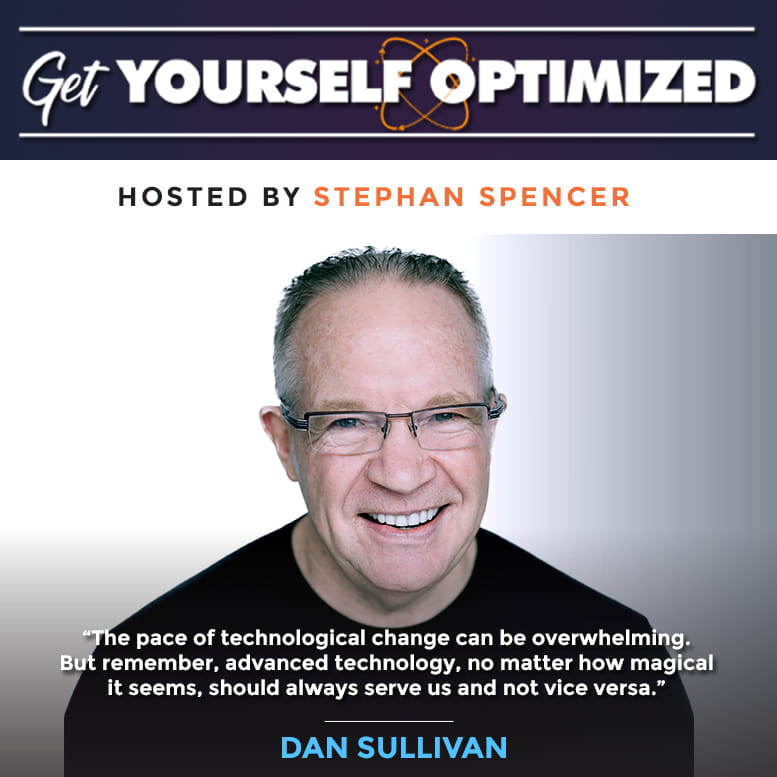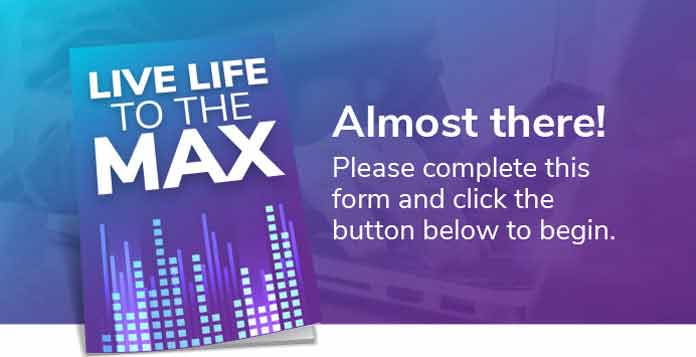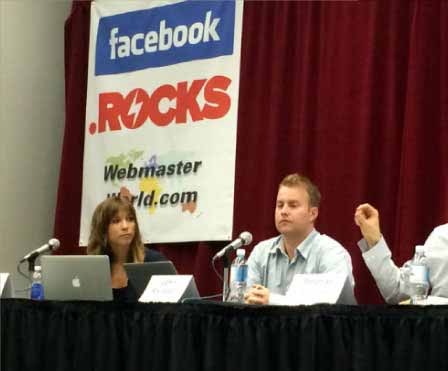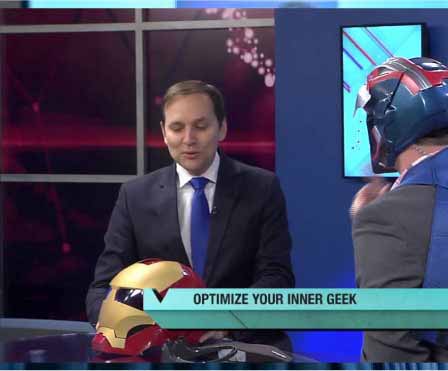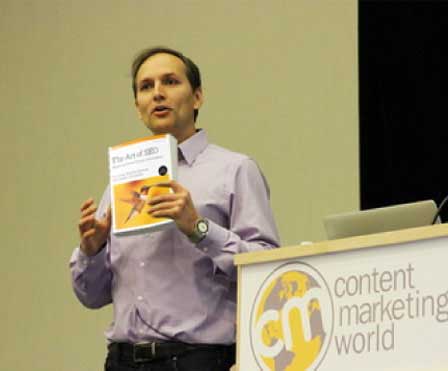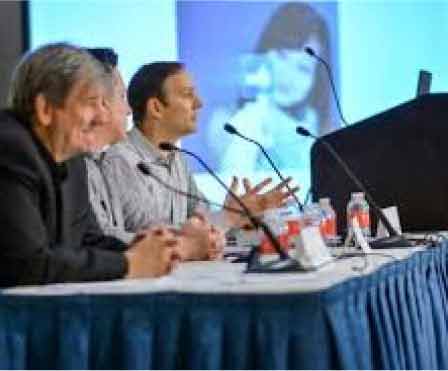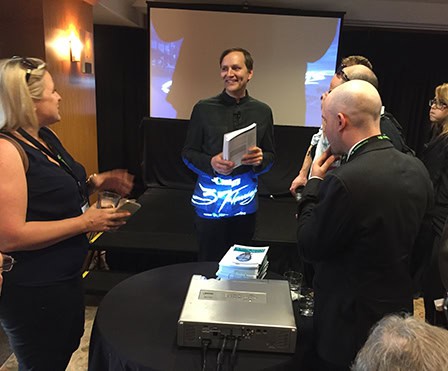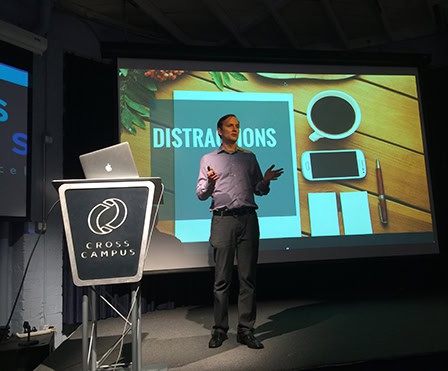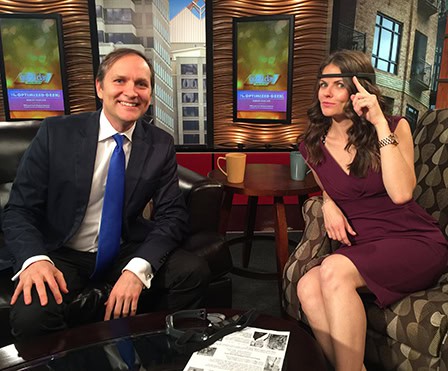In this Episode
- [01:52]Stephan says some people who practice mindfulness or meditation have epiphanies, but how did Charlotte come to practice mindfulness?
- [06:23]Charlotte describes how diet binges occur. What are the implications of our relationship with eating on our relationship with life?
- [08:36]Through mindfulness, what method does Charlotte use to redo patterns and overcome addiction?
- [14:52]In the absence of a religious context, can mindfulness be cultivated?
- [16:31]Charlotte explains how circumstances influence people’s compassion.
- [20:27]In or out of kindness, how do we view the universe?
- [22:18]Stephan and Charlotte discuss their respective belief system.
- [34:34]Stephan presents an in-depth discussion of the concept of soul contracts.
- [39:47]How does the Buddhist concept of dependent arising work?
- [42:09]Shakespeare, Buddha, and Socrates all share human truths. As an example, Charlotte cites Hans Christian Anderson’s The Emperor’s New Clothes.
- [45:15]For free meditation guides and resources, visit themindfulnessclinic.com.au.
Charlotte, it’s so great to have you on the show.
It’s my pleasure.
If we could start by sharing for our listener’s benefit, your origin story—your pain to winning sort of story, that brought you into this whole mindfulness space. I usually find that somebody who is in some meditation or mindfulness had some sort of epiphany that usually came with some pain. Could you share your story with us?
Yeah, thank you. I wish I did. I wish I had a clear story, but I don’t. What I have, I think, is various kinds of contributing factors that took me to that, which I think is probably the case for most of us. There might be one that we can kind of attribute to that was significant.
For me, I think I’ve always been a truth seeker in a way and that’s certainly a big part of it. I always thought that in the west we say so much nonsense. I’m sure we do it everywhere, but things like at the time, what was a contributing factor to me seeking something better was the whole notion of goal setting and that once you get X, then you’ll be happy. I just thought it just doesn’t deliver. That was one.
Then there was this whole thing that if you’re just a good person, you work hard for meritocracy, then it will deliver. I had a very ill sister who got epilepsy when she was 12 and I thought no, that whole thing that we now say the universe has your back, it’s just not true.
I actually didn’t know how anxious I was until I looked at mindfulness.
Does it have the back of all the Ukrainians? That nonsense saying that we have belonged in privileged pockets, if you like, of the west, irritated me. It’s not true. I was seeking, that was one thing. I was looking for something that was better.
I actually didn’t know how anxious I was until I looked at mindfulness. I was living in this idea that I just need to get the next thing done, then I’m fine. I didn’t know that was anxiety.
When I came upon mindfulness and I was already doing leadership training and coaching, I came upon it, and I went now we’re talking. This aligns with truth. That’s how it felt. This is actually telling how it is versus a theory, an idea of how it is that serves some.
I took it on and then of course it was the uncovering of realizing oh my god, how anxious I am and then, I suppose, an ongoing uncovering and immersing myself in the material.
In terms of pain, it’s perhaps more commitment and curiosity and also wanting to do the best for my clients. I think that what I had in my bag with the traditional adult education, leadership stuff, and coaching, wasn’t good enough. That’s why and then I had something I was meditating on.
Did you end up having a diagnosis of anxiety?
No, I worked on it through mindfulness of the body.
Did you have a diagnosis of anxiety or was it just a thing that you came to a conclusion on your own?
When you cultivate mindfulness, you start to have all experiences that come from within that aren't necessarily framed in any religious context. Share on XIt was a conclusion on my own, yeah. I noticed how most of the time I had that sort of energy in the body because I came out of my head when I started mindfulness. I was living solely in my head, lost in thought. When I started doing mindfulness, I could notice that energy all the time, this charge, and then I found that mindfulness of the body was amazing in settling that, along with exercise, of course. That was really the first, I think, very personal dimension to mindfulness.
The next was then that I had an eating disorder and it was already in place before I started with mindfulness, but then I started looking at it from that perspective that was really very, very rich. The whole denial of the body, the whole not being present with eating, not being connected to the body, wanting to be slim, and at the cost of that, the whole diet binge cycle versus being present. It’s uncovered a lot.
The diet binge cycle, how does that work? Because I haven’t experienced that so much as I just kind of fall into a pattern and I keep repeating that pattern. If I’m going to eat, let’s say, a lot of crackers or something like that, I’ll just keep eating them.
If I make a change to my identity and then it becomes part of me that I don’t eat gluten, then I just cut it out of my diet or out of what I consume. For those listeners who experience that cycle, how does that work and how do you break out of that?
Our relationship with eating is a mirror to our relationship with life in many ways.
Yeah, good question. It sounds like you’re very rational about the eating and rules-based, so you can go. That’s how I’m going to do it. Some are like that and you probably are in all aspects of your life a bit like that because our relationship with eating is very mirror to our relationship with life in many ways.
The binge diet cycle is this thing that it’s sort of like a tightening, I call it the parent within. The parent within says, “That’s it, you’ve been very naughty, you better now eat lots of salad and no sweets at night, and you’re going to exercise and you’re going to be very, very good.” That usually starts on a Monday morning.
The week goes and we get more and more of that kind of slight self-righteousness. “I’ve got my stuff together now. This is it, I’ve got it, I’ve got it.” On day four, “I managed.” Day five, too.
Perhaps we manage on the weekend. Perhaps Friday night, we go, I’ve been so good. The child comes in and go you’ve been so good, time for a little treat, a little reward. Then you go, okay, it’s a glass of whatever.
You loosen up a little bit, you open the packet of crisps or whatever, and then you think, “I should finish it. I don’t want to wake up to a half-open bag.” Then you eat far too much, but you go tomorrow morning, “I’ll give it back,” but then you might not.
It’s this inner war of the parents that can be quite shaming and the child that sort of goes, “You deserve it. It’s alright. You’ve had a hard week.” What’s missing, of course, is the adult in the middle.
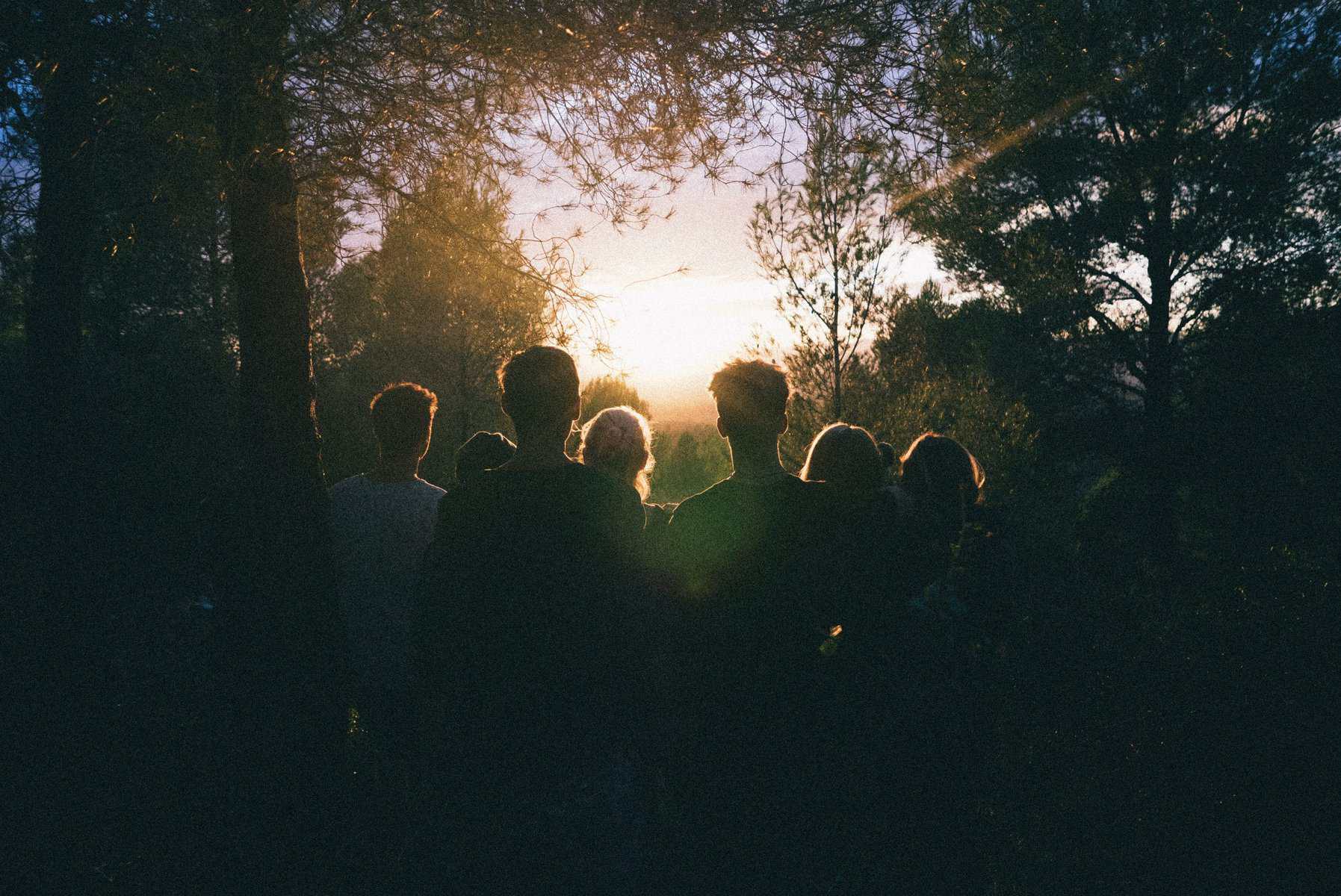
It’s the one that goes, okay, so the little voice is saying you deserve it. I can see you’re tired. Is there something else we can do? Can we go for a little walk? Can we do meditation? Can we do a little dancing? Could we have a nice apple? Or could we have a little treat and see how that goes and see how we can manage that?
The adult is always kind of that kind supportive voice that’s also curious. That’s what we have to cultivate to get out of that dichotomous thinking and that very harsh way of operating.
Right and oftentimes we’re our own worst critics. How do you, through mindfulness, redo those patterns, and override those old routines with new ones?
It takes time, that’s the first thing. There are no miracles that you get it and then it’s all done. If this pattern has been going on for a long time. It can take years to actually undo but you’ll start to see some improvements as you make some changes.
You can't make a choice about something that you have never been exposed to. Share on XI trained in mindful eating and then found that it was mainly geared to very obese people and it didn’t apply to the majority of the clients that I was seeing who perhaps were slim but they still had the whole thing going all the time. I would say that if you ask most women it will be 80% or 90% that have it going.
If you think about it from a perspective, and that was the other thing that bothered me, that the amount of energy that goes into that when it’s the first thing you think about in the morning, how little can I eat and that’s the program running versus doing things that I really I want. That’s sad.
We did mindful eating and then I started running pilots to just see what they were saying when we ran this program. As we were probably doing them, it became clearer and clearer that this idea of the dear body kept coming up. People kept saying the dear body and we put just intuitively the hands on the heart and go ‘dear body.’
We need a connection and deep appreciation for the dear body.
Then we started to integrate this method of connecting with the body as an integral part of it because I think that when we are lost in thinking like this, the missing piece that kind of sponsors the adult, if you like, is the connection and deep appreciation for the dear body. This living organism that we live in.
One woman at one point said I noticed I can’t go shopping and put rubbish in my basket if I’ve said, ‘dear body, what do we need? I can’t because I’m not connected to it.’ We protect what we fall in love with and we can only abuse what we disconnected from. You can’t abuse it when you have an intimate relationship with it and you sort of are walking along with it if you’re like.
That makes sense and so if somebody is addicted to something, how do they break that addiction? Normally, what has to happen in my understanding is that there’s some sort of intervention or some sort of major event, maybe rehab or something like that, but through mindfulness, perhaps somebody could make that shift in an easier, more gentle way.
Yeah, I suppose with an addiction it’s always about early intervention, ideally. I’ve worked with quite a few, particularly women who wanted to drink less or stop drinking because they found that the shame component of it was so painful that it was costing them so much. In that case, I think for many, it’s a question of now the cost outweighs the little kick I get from it, or it’s too embarrassing, or now I have more children, or whatever it is.
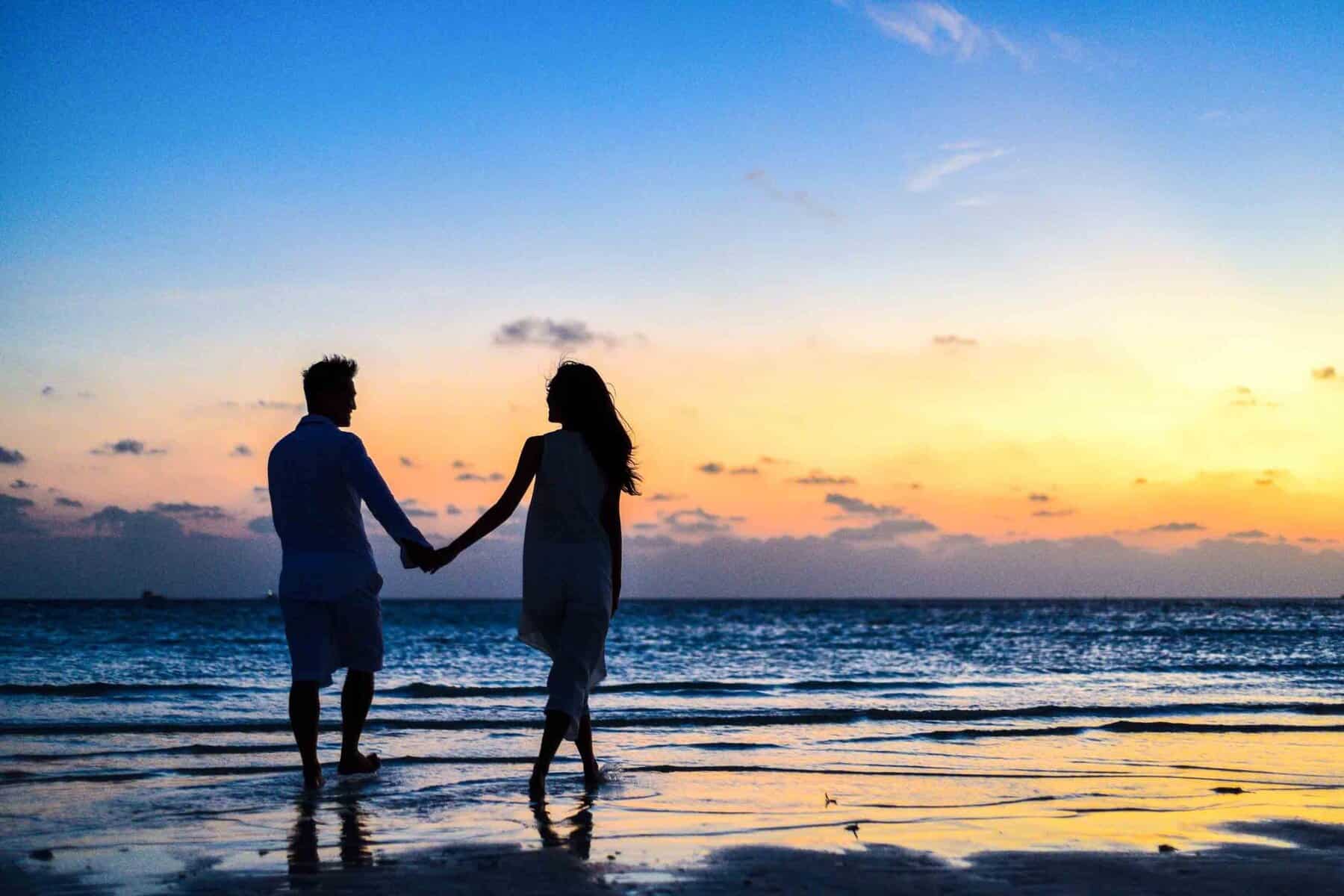
To be honest, the way I have worked with it is to do more and more of a dear body so that coming into that awareness of, okay, right now I have this urge, this urge for it because it’s now 5 o’clock a Friday and I noticed that, or I know it’s going to happen, what can I do differently? That’s the basic behavioral stuff.
Don’t go to the pub with your mates. Say no to that party for a while, having non-alcoholic drinks there. Plan for it in terms of how you’re going to manage it and put yourself in different positions so that the associations that you have are broken. That’s a really important part.
Then really being okay with noticing that urge knowing that it will pass. Let’s say it’s a chocolate addiction. You’re lying in front of the TV at night and you know that’s when you have the chocolate. You notice that sort of chocolate and you go, okay, so what can I do differently? I can be with the sensation of the body and go dear body, it’s okay, it’s okay, it’s okay.
Then you can go to the cupboard and take one piece of chocolate and go, now we’re going to eat this, but we’re going to eat it mindful because after all, what we want is the experience. We actually don’t want the whole dark chocolate, we want that experience.
Sometimes we want it to fill the black hole of loneliness. Sometimes we want comfort.
Sometimes we want it to fill the black hole of loneliness. Sometimes we want to be just like it’s a habit. Sometimes we just want a little reward. Sometimes we want comfort.
When we eat it, mindfully, first of all, we get that rich experience, but also then to be curious about what is this a substitute for. What is it that I’m actually yearning for? Often food is such a primary thing that actually uncovers a whole journey of what that is.
For me, for instance, part of my binging at the time was a way to disassociate. If I was just eating, I was nowhere, then you pay for it afterward. That’s the other thing that you naturally train in mindfulness, is the ability to go, what are the long-term next hour and two days, and months’ consequences of what I’m doing now? That’s when you naturally start to arise, but you also train it consciously.
Go, okay, so I want to have the 10th piece of chocolate now. How am I going to feel in an hour if I do that? How am I going to feel in a day if I do that or tomorrow morning if I do that? That starts to be part of your decision-making so that you step out of just living in the fast lane of just giving me what I want and going into longer-term consequences of my actions. It’s a combination of things depending on the client and lots of tenderness to your body.
Got you. What if someone is, let’s say, an atheist or agnostic? Is mindfulness something that is going to be appealing to them? Or is it more for somebody of faith or someone who believes in a higher power?
I don’t think you have to believe in any higher power. Buddhism is probably more of a science than it is a religion, I think. I’m not a Buddhist because there’s no requirement to become a Buddhist and I like that. That alone, to me, as a hyper-rational, really appeals. Instead of taking what you like from it and throwing the rest away.
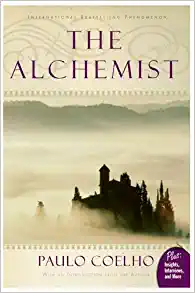
I think that when we cultivate mindfulness, we start to have all experiences that come from within that aren’t necessarily framed in any religious context. I think it just naturally becomes part of our experience without it being imposed. That’s certainly my experience. I mean, I come from a Christian perspective.
I come from a Christian perspective, but I always had problems where I didn’t think it was logical, I didn’t think it was truthful and certainly oppressive to women, and had some stories. I went that’s just nonsense.
This endless curiosity and finding that is within Buddhism was so appealing. This thing of no requirement to submit to ideas that didn’t really sit right. A surrender of our own will at times in terms of the thinking we know and coming into not knowing, but that’s healthy because we don’t know. Nobody knows the thing, really, we’re just guessing.
You mentioned earlier that your sister had epilepsy and the injustice of it. Where are you at now, years later, in terms of your coming to terms with it and seeing perhaps a bigger picture?
I think to me it’s very clear that we mix up what happens to us with our ability to influence. Often we blame ourselves and each other if we become ill. We think you haven’t been exercising enough and you haven’t been eating enough and we blur those lines around.
Life has no heart. Things just happen, the poor Ukrainians, a baby that’s born in Africa sucking on a breast with no milk in it, and my sister who gets epilepsy at 12. You can say yes, the context was there for that to arise but did that individual choose that? Did that individual create that? No, I think that’s what we kind of have blurred.
Things happen. I have worked with beautiful parents whose children have died. There’s no rhyme, or reasoning, or justice, or fairness in any of that life just happens. Of course, what we have some control over probably less than we think, I think, is how we sit in relation to it. That’s how I see it.
Often, food is a primary thing that uncovers a whole journey of mindfulness. Share on XFor instance, with my sister, with her epilepsy, the whole ride that the family took when this beautiful, bright, young girl started to fit and come back with blood all over or had a fit in a phone box at the time and then had been robbed on top of it and not able to study.
The grief in that as a family is, of course, a life ride that we all are exposed to. It’s part of life that we have these experiences, not just delightful ones, but difficult ones that bring us to compassion. Now I can’t talk to her like I talked to you because she’s in a different place. She’s affected by it. How can I come into adjusting my expectations so I can connect with her in a different way? She becomes a teacher for us all in that way.
If I could ask where you stand in terms of reincarnation because perhaps that’s a way to make sense of things that seem totally unjust in this lifetime—to zoom out and look across many lifetimes and see that the victim in a past life perhaps was the perpetrator.
Yeah, personally, I don’t see it like that. I think we have such a need for justice and to think there’s justice. I think there’s an element where punishment is contained in the act in this life. If you do horrible things, if you’re unkind, if you hurt other people, you’re going to live in disconnect and you’re going to live in some kind of suffering. Even if you’re smiling and having fun, it’s still going to be a pain in your heart, if you like.
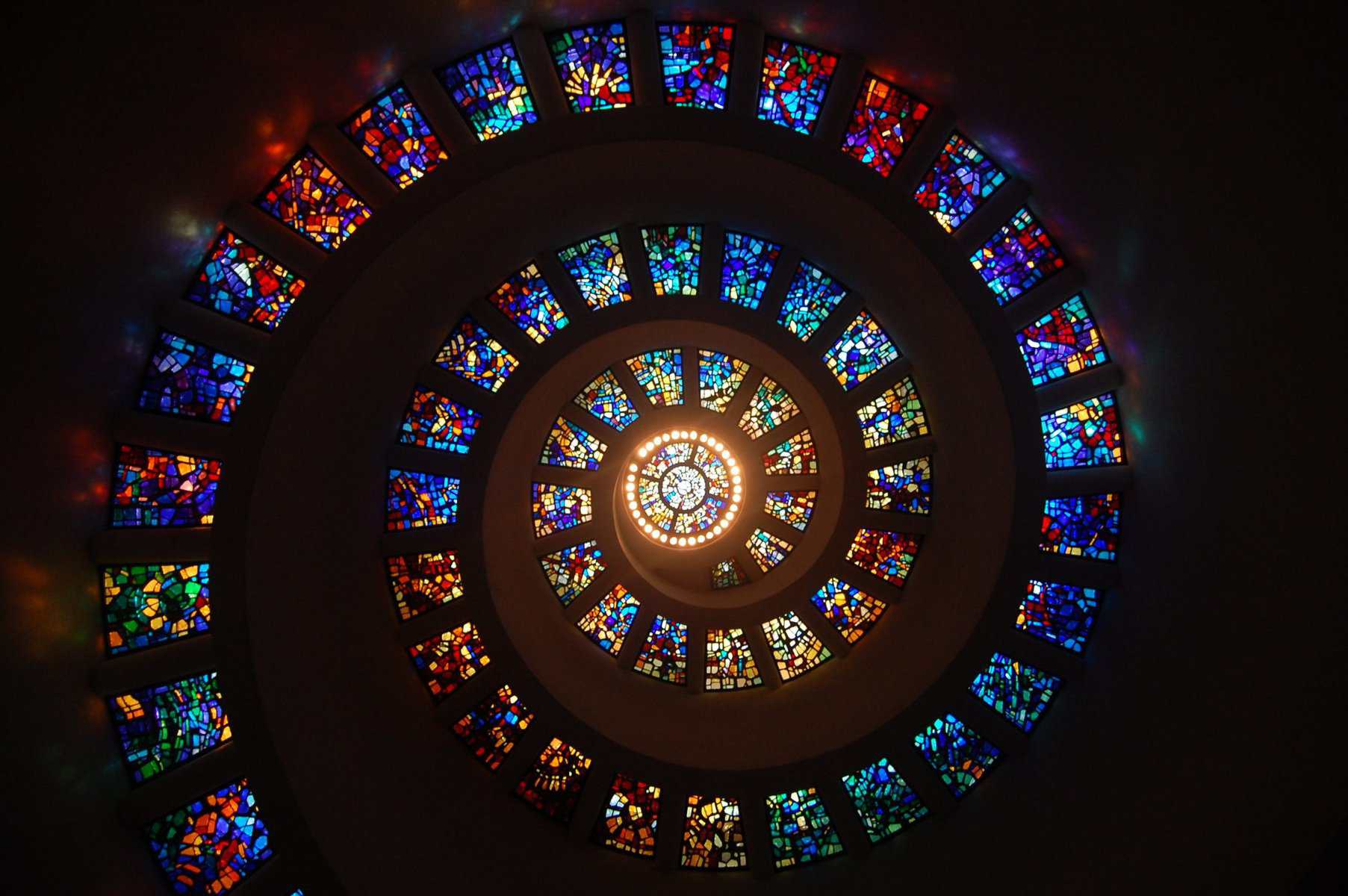
I think that if we want some kind of justice, we can usually say that those that do unkind things live in some kind of disconnect in general. I think that with reincarnation, who knows? I think it’s our need to want to have justice, have fairness, and be true that we then create these models because it’s unbearable to just go, wow, so that person freaking got away with it.
Yeah, but that is what happens. Many get away with it. Many get away with it and it is what it is. I think fairness is only kind of relevant as a principle when it comes to handing out lollies, if you like. It’s something that we can say, I want to try to be fair to my children. I want to try to be fair, but to think of fairness in terms of the world, I don’t think so. I don’t think so. It’s much more chaotic than that.
Do you think that our universe is friendly, unfriendly, or indifferent?
I think the universe is whatever we make it out to be.
I think it is whatever we make it out to be and that’s a result of our falling. I’m so interested in this thing that what has brought you here today and what has brought me here today is everything we’ve ever experienced. We are a result of that and we can’t make choices where we haven’t had a seed planted within us so that we can access that. I can’t make a choice of something that I have never been exposed to, if that makes sense.
When I walk in the morning, I think of a lovely email that I’ve had from somebody who was part of a course and say that was really useful to me and I really enjoyed it. I walk not from a perspective of I’m so amazing, but rather well, I’m very lucky to live in a system, a body system, to have this experience that I can be of use in that way then I can have that delightful moment of being of service. That is a privilege.
Whether the world is good or bad, it becomes really a question of how am I interacting with it. Am I exposing myself to nature in particular that is just amazing, but also cruel. Am I seeing the awe? Am I open to the awe? Am I open to seeing myself in a way that brings goodness?
We know for instance that the brain, when it is in health, gives us the experience of kindness and compassion. Therefore, the more we are in health, we’re going to see the world as good and we’re going to seek the good. The more we are caught in damage and disfiguration mentally, the more we’re going to see it’s cruel. What do you think?
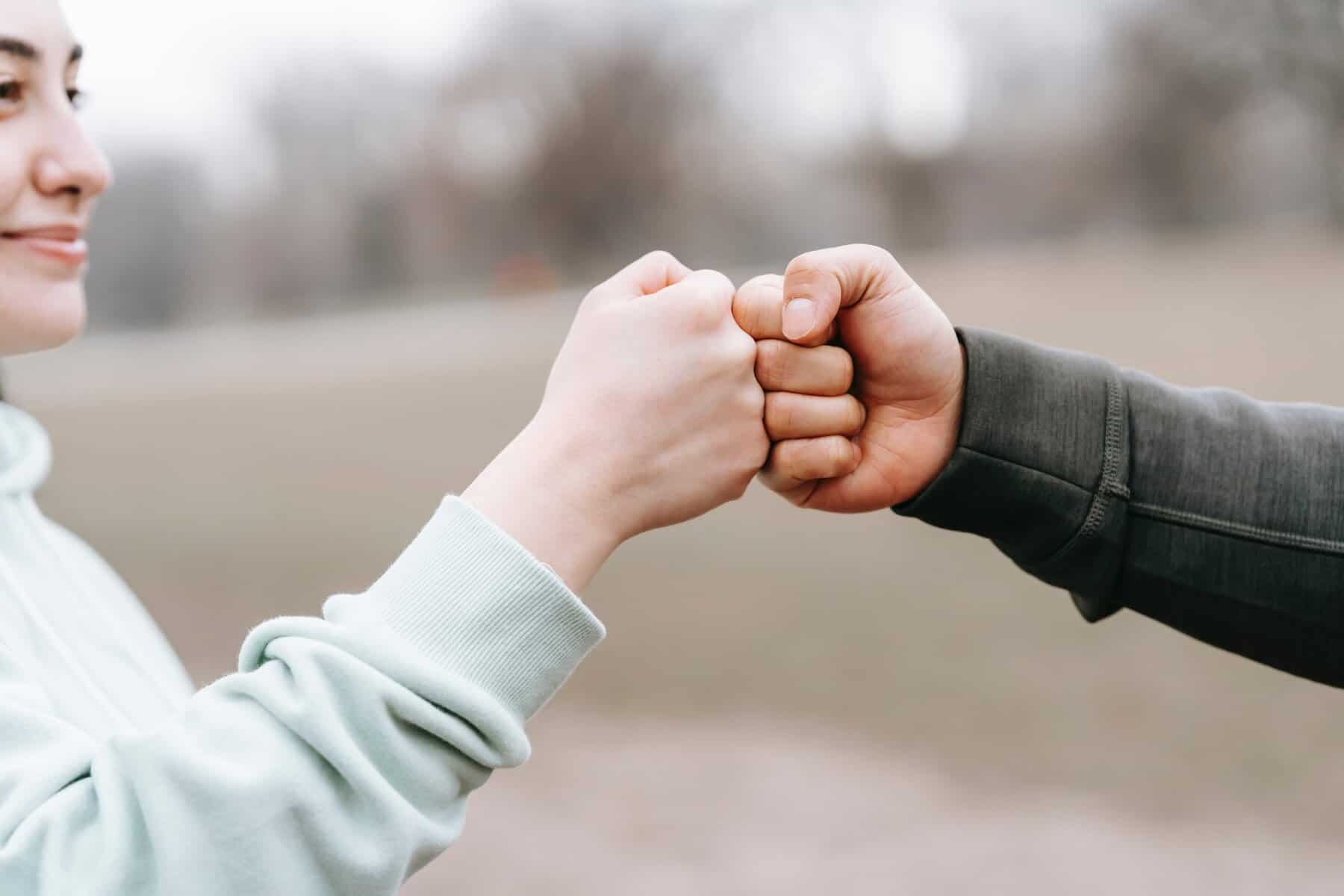
How I feel about it is that the universe is friendly and that it’s also a creation of our own making, that we co-create our reality along with the Creator, with the Divine. Everything does have a purpose and if we don’t see it, if all we see is injustice, tyranny, or hatred, we haven’t zoomed out far enough. That’s my belief.
What do you mean by everything has a purpose? For whom?
There’s a bigger picture. It’s like when you’re on the ground, you can’t see above the treetops, above the rainforest canopy. Your higher self can and so if you tap into that, you can see that.
In Ukraine, there is a lot of pain, anguish, hurt, and so forth and there’s also a higher purpose there that perhaps in those 15 Biolabs that were destroyed by the Russians, one of those Biolabs working on a gain of function research would have had a breach or even an intentional releasing of one of those super pathogens that would have wiped out the planet.
That injustice or horrible event of the war actually prevented the much larger catastrophe of a much worse pandemic? Who’s to say? My belief is that there always is a higher purpose and a bigger picture at play.
A purpose that is committed to the common good, the overall good. Is that one way of saying it?
No, because I distinguish the common good from the higher good. Your higher good or the highest is what I believe what we get and ultimately our soul is the highest good. The common good is the least common denominator and isn’t in each individual’s best interest necessarily. When I pray for the highest good and not the common good. I also actually ask for the most benevolent outcome.
For you, is mindfulness prayer or prayer mindfulness, two very distinct different things?
In mindfulness, the mind is trained to pay attention, cultivate the heart, and appreciate the body.
I think there is a difference depending on how you pray because I think one of the characteristics of prayer that I learned as a child was kind of wanting something. Whereas in the mindfulness there is an appreciation and a staying with training the mind to pay attention, coming into cultivating the heart, and appreciating the body. There is no acquiring kind of element to mindfulness versus some elements in prayer.
If we were to come back to the purpose conversation because I think it’s a really interesting one. The way you’re saying it, the way I understand it, is that sometimes then for the highest good, the benevolent good, some people’s lives will be sacrificed, in effect?
Well, again, if we zoom out far enough and bear in mind that I’m a former agnostic, almost atheist, who had a couple of awakening experiences that were life-changing, let’s just put it that way. My understanding is, if you look across lifetimes, let’s say somebody has been through this game of life hundreds of times already, life and death aren’t nearly as dire or final as you might think if that’s the case.
If it’s just a doorway. It’s not like somebody’s life is sacrificed and then that’s it. That’s the end. I had a past life regression where I saw in my immediate past life that I was dared to jump off of a bridge by some other teenagers. I was a teenager at that time, in the 60s. I have a fear of water now, fear of drowning, but it lessened now that I have that hypnosis.
It wasn’t traumatizing seeing that scene play out. It was like watching a movie. My life was snapped short. I was almost bamboozled into taking that deer, and yet would I change a thing about it? Absolutely not. I’m living my best life.
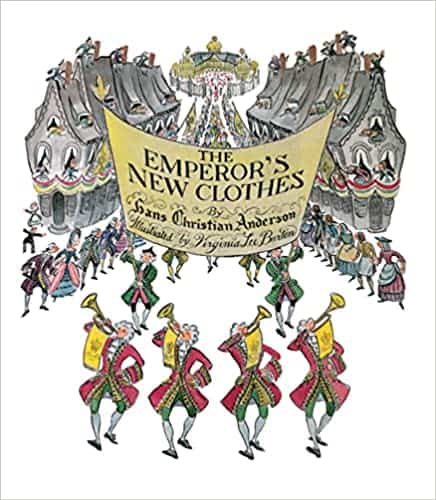
I wouldn’t want to be 70 years old now, or 60, or whatever the age would be, and having that life. This is the life I’m meant to live. If you again zoom out far enough, it doesn’t seem so dire and final. Some people are trying to live to 150 years old. I have a client who is trying to live to 180 and good for him. I’m encouraged if that’s a dream or a mission for that person, but it’s not my aim.
I just know that when my mission here in this lifetime is done, I move on. Home isn’t here. Home is on the other side of the veil. Ram Dass would say we’re all walking each other home.
Our home on the other side of the veil. I’d love to hear your thoughts on that. It’s different from your belief system.
It isn’t. I’ve also had a wonderful treat with Jack Kornfield where we did some very powerful past live stuff and actually I had the oddest experience because Dan Siegel was there, too. We had a very similar experience and when we shared it, he went with me too, me, too, me, too. It was really peculiar. I don’t know where to put it because I also know how incredibly suggestive and entangled our minds are. I don’t know.
I’ve had some very strong spiritual experiences of zooming into the, I think it would be, afterlife, I don’t know. It feels like a shared consciousness and the self disappearing, which is very hard for this self to accept. Whether it is then very strong lives that pop up in these experiences or whether they are ours, I hesitate to believe that we stay individual in any form, but who knows? Who knows?
My grandfather, when he was dying, he was in his 70s and dying from lung cancer high on morphine and a very strong believer. He held my dad’s hand and he said, the good thing about this is I’ll soon be able to tell you what it’s like to die. We don’t know. We’ll never know. Perhaps one day we will.
I also think in this notion of the big picture, we tend to be very anthropocentric. We see it as we humans are the center of everything and I don’t know if you have a pet. When we have a pet, we realize they are so much more sophisticated than we ever gave them credit for. My Burmese cat has absolutely empathy. When I’m working with somebody, if they’re really upset, she will start to scratch on the door. She just knows.
I think, good for who? Best for who? Big picture for who? I don’t know and perhaps it’s part of the miracle of life that we will never know. Perhaps it’s Joseph Campbell saying, follow your bliss, follow your little inkling of yes and that’s as good as it gets.
I was talking to a friend of mine who’s one of the world-leading experts in working on chiropractic applications for children. We were talking about how we’ve led our lives. None of us had a goal of anything. We were open to curiosity and we grabbed some opportunities that we are blessed to have.
It was always that the heart was kind of on fire around something and we followed it. We were like, yes, and then we just kept following it. It takes us then into these crinkly ways. Is there a big plan? Perhaps. Is there a fate line? Perhaps. I don’t know. We’re just little servants of it in a way, having a good experience.
I used to think that it was just fate and I was not a victim of it, but I was maybe a servant to it. Now, I’m much more clear on my role as a co-creator, of my reality of this universe that I’m the observer in, so quantum physics, the observer effect. By observing, you take a wave of potentiality, of infinite possibilities, and you collapse it down to one thing and that might be something that you don’t actually really want, but it’s the thing you’re focused on.
The healthier you are, the more you see the world as good and seek the good. The more you are caught mentally in damage and disfiguration, the more you will see the world as cruel. Share on XIt’s like I really don’t want to get cancer. I’m really worried about getting cancer. I don’t want to get cancer. Please no cancer. Please no cancer and then you end up with cancer because that’s all you’re thinking about. I guess it’s kind of like you can believe that everything is a miracle or that nothing is a miracle.
That’s right.
If you collapse all possibilities into nothing is a miracle, it’s going to be a rough life. Whereas if everything is a miracle, synchronicity abounds, serendipity, chance occurrences, coincidences, and magic all the time. Have you experienced that?
Oh, absolutely. The whole thing of fate line has really come into me the last year or two, because before that, I really thought very much probably that I had much more power than I did have, I thought. I think that we’re so much more in the grips of our subconscious than we think. It doesn’t mean there’s not that opportunity to choose if we haven’t been too damaged by trauma, if we’ve had the circumstances that had given us, the brain capacity, the emotional capacity.
I think that in working with some people who’ve had very significant trauma, the window of choice is much narrower than those who have been blessed with a loving, stable childhood with lots of possibilities.
I think that in working with some people who’ve had very, very significant trauma, the window of choice is much narrower than those who have been blessed with a loving, stable childhood with lots of possibilities. Perhaps, they run somehow. I absolutely agree that we are co-creating. But I also do wonder, I read some of the personal stories of some of the women in Ukraine who worked for a certain magazine, sitting there, everything normal, then next minute, they are fleeing with their babies and just trying to survive.
Where does that sit in at all? The ability to see the miracle and to appreciate the spring flowers now in Ukraine are still there, but harder to access than it is for us who sit in a safe place in abundance.
Are you familiar with the concept of soul contracts?
Tell me about it. I have heard, but I don’t know much about it.
It’s these unique agreements. I actually interviewed someone who knows quite a lot about it. I learned about soul contracts last year. I read this person’s article, Vasundhra Gupta is her name. She was a past guest. I interviewed her three, four months after I read this article.
It just felt true to me that we actually do make agreements, commitments, vows, promises, to meet our soulmate, to start a business with a particular business partner, to have the children that we have, to have the parents that we have, to end up in bad situations and to dig our way out of them or not maybe for that to be the end of that lifetime. We go into it knowing full well what we have scripted for ourselves. That kind of ties in with your concept that you shared, that fate line.
If everything is already written as talked about in the Quran and in The Alchemist book, the concept of maktub, which is Arabic for ‘it is written,’ then you stubbing your toe next Tuesday is already written. You sideswiping somebody else’s vehicle two months from now is already written. You saying something you really shouldn’t have to your kids already written, et cetera, et cetera. But yet, whereas free will, it’s in the moments in between when you choose a different response, where you don’t react.
You restrict and you reveal light in the moments where you are extra proactive outside of your comfort zone. Then you get a timeline upgrade. You get to jump timelines and become even more benevolent. Your benevolence brings more synchronicities, which brings more benevolence, which brings more synchronicities, and it’s a virtuous cycle as long as you decide not to get sucked into your reactivity and to any kind of darkness that might be surrounding you. What are your thoughts on that?
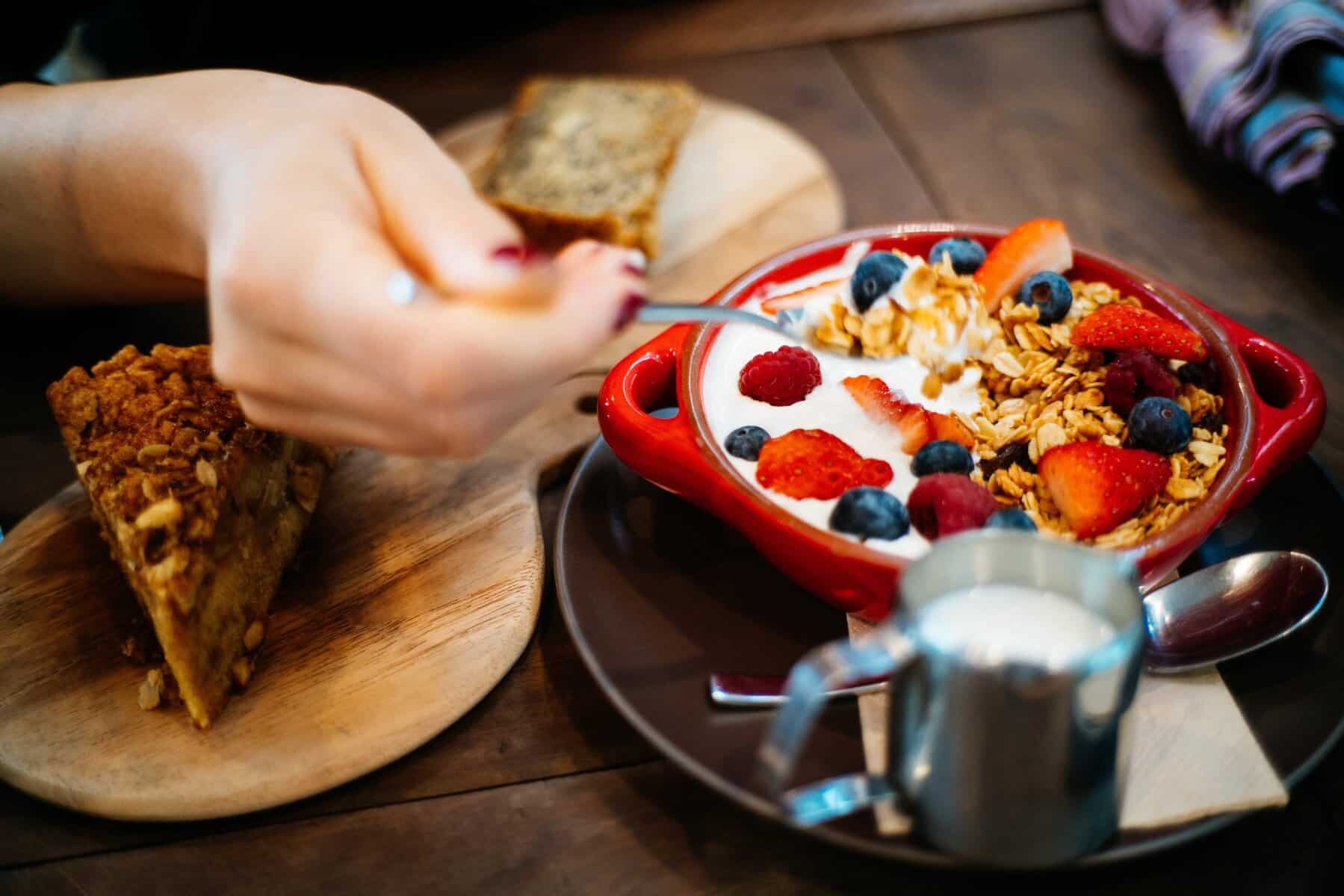
Oh, lots of thoughts. One thing I think is important to consider is that ways of seeing and believing life emerge as a group emerging. It emerges from a certain place, and they all have certain consequences. We can put it into a political framework.
I could say, so the way you’re seeing the world, the danger that I see as an old Dane brought up in the Cold War time, it potentially can be seen as a very, very liberal way of understanding humans. Therefore, if that’s how it is, then why should we build hospitals? That’s just your soul agreement and it is what it is. There’s a little alarm bell for me in that.
I would never want somebody to ignore somebody else’s pain or suffering. What is destined to be is destined to be, except if you’re a kind, compassionate, loving person. You don’t want people to suffer and this is an opportunity for you to step up to go outside your comfort zone and to assist.
It’s volunteering at a hospital, donating, or taking the time to have a conversation with a neighbor that you wouldn’t normally talk to because you know that they’re hurting and you know it’s the right thing to do. This is all important and part of the benevolence that gets you a timeline upgrade.
The biggest truth is the unspoken truth. Share on XYeah, I love it. I hear you and I hear pure heartedness. There was a headline here not too long ago. It said, it is time now for the pessimist to step up, because the optimists have ignored climate change. They have ignored the dangers around Ukraine, they have ignored too many things. Come on, pessimists, it’s time for you.
I suppose if I were to see it with a sort of a pessimistic thing, then I think there’s a potential danger if we say this. That’s the same with a very fatalistic viewpoint. They come out of a certain time and it’s important to zoom out and go, what kind of ideology and what are the results potentially of this way of seeing things in the wrong hands? We’re completely committed, yes. But how could it be misconstrued? That’s one thing.
I like that idea. You sort of climb the ladder, though. Every time you see a little bit of light, there’s a potential for a little bit more light, et cetera. I think that’s a really lovely way of seeing things. I love the idea of dependent arising that you probably are aware of from Buddhism. Do you know that idea, that observation?
No. Please explain.
There is a saying that every experience we have is a dependent arising. Every moment is a dependent arising. The best way to kind of explain it is to say, if we’re looking at a fire, then at a certain time a spark comes up, what determines, what influences that spark comes up in that particular moment? That’s then the temperature, in the air, the breeze, the dryness of the timber, how long it’s been burning for the intensity of the fire. It’s all of those things, isn’t it?
You and I are sitting here right now, having these sparks of conversation between; they are all dependent on everything we have ever been exposed to.
We then go, okay, so that’s the same thing for us. That means you and I sitting here right now, having these sparks between us of conversation, they are all dependent arising based on everything that we have ever been exposed to. If we go to past lives, even back to that. It is all arising.
It’s also a result of your at the end of the day, whatever it has happened to you before today, what you’ve had to eat, whether you’ve moved or not. All of those things all bring up this certain quality in this moment, never to be repeated. That’s part of the magic, isn’t it?
This moment is uncovering and presenting at the same time. That part of our role is to be the observers of that, non-attached, to go, oh, there’s a delight moment, let me just swim in it for a moment. There’s a difficult one, let me bring my heart to it. There’s whatever is arising for us to greet it as a human experience. I think it’s a beautiful concept and observation of the truth. I think it’s how it is.
You mentioned a couple of times, the word ‘truth,’ at least a few times. I would love to hear what your thoughts are on the difference between small “t” truth, like your own personal truth and capital “T” Truth, universal truth, that is not just universal but true in the multiverse and all universes. It’s the divine truth. I believe that there is a difference between those two concepts. I’d love to hear your opinion on that.
Yeah. Have you ever read Socrates? Because I carried his defense speech around as a child. I just thought it was so amazing. And then, of course, when we read Shakespeare.
Oh, tell me more about that.
Socrates just had such an amazing ability like the Buddha, like Shakespeare, to observe the human mind, to describe the human mind, and to describe how we are. Whether it’s then Shakespeare, Buddha, or Socrates, you look at these people who observed how we tend to function, irrespective of context, that we are vain.
Hans Christian Andersen, the amazing stories. You probably know the story of The Emperor’s New Clothes. Do you know that story of the very vain king who wanted amazing clothes and the cooks who came and said, ‘we are going to sit and weave these amazing clothes? Can you see them? Can you see them? Because only the very clever people can see them, stupid people can’t see them.’ Of course, he said,’ yes, of course,’ because he didn’t want to be exposed.
There comes a parade through the town, where he’s then wearing these clothes that of course aren’t there, so he’s walking through town in his underwear. Everybody has heard that, if you can’t see them, you’re stupid. A child goes, ‘but daddy, he’s got nothing on.’ And then everybody started saying, he’s got nothing on, he’s got nothing on. This whole thing where you’ll hear the truth from a child.
Hans Christian Andersen also was able to expose those human truths, these truths about our character, our vanity, our greed, our delight, our love, our loyalties, and all of those. He, during his confirmation, is very, very poor. His mother had saved enough to buy him some boots. He was so proud of these boots. They were much too big and very stiff leather.
He’s walking in the church and he’s saying, this was about God, and yet I was wondering, are people hearing and seeing my new boots? And then, oh, no, that’s right. It’s about God. There’s a tug of vanity, so it’s another example of uncovering our minds.
I think that there’s truth in that. When we go, yeah, that is how I am, the Buddha was amazing at this in going through the layers and layers of it, the five hindrances, all of those, the attachment, et cetera. I think there’s that truth of uncovering our essence.
That’s beautiful.
Thank you. The biggest truth is the unspoken truth, isn’t it? That’s when the heart just bows in absolute—yeah, the words are not there, in gratitude, in amazement, in wow. That can be a bird, it can be a flower, it can be anything.
Namaste.
Yeah, right.
The divine in me acknowledges the divine in you.
That’s right. That’s the unspoken field of the ultimate truth.
I know we’re out of time. If our listener is interested in working with you and learning from you, how do we get them in touch with you and where do we send them?
It’s themindfulnessclinic.com.au. There are lots of free resources and lots of meditations. There’s our newsletter. There are daily mindfulness prompts. We have coaching. I do a lot of leadership training. We have another, our first retreat for a while coming up in Bali, at the beautiful Zen Resort. We would love to see some more gorgeous people there.
Wonderful. Thank you so much, Charlotte. This was a wonderful conversation. You’re a wonderful person. Our listener, I’m sure, was inspired and positively provoked in this episode. Thank you for that.
Thank you so much. I really enjoyed it. Thank you for sharing these fascinating ideas. Thank you. I appreciate it.
Thank you. Thank you, listener. Get out there and make it a great week. Do something benevolent for your neighbor. We’ll catch you in the next episode.
Important Links
The Mindfulness Clinic
Facebook – The Mindfulness Clinic
Youtube – The Mindfulness Clinic
LinkedIn – The Mindfulness Clinic
Resources – The Mindfulness Clinic
Meditations – The Mindfulness Clinic
Coaching – The Mindfulness Clinic
Leadership Training – The Mindfulness Clinic
Mindfulness Retreats – The Mindfulness Clinic
The Alchemist
The Emperor’s New Clothes
Checklist of Actionable Takeaways











 About Charlotte Thaarup-Owen
About Charlotte Thaarup-Owen
Charlotte Thaarup-Owen is the founder of The Mindfulness Clinic. She is an internationally experienced clinical mindfulness consultant and a pioneer of Mindfulness for psychologists and leadership within Australia. She particularly focuses on mindfulness of the body and mindful leadership for women. Currently, she runs Mindful Leadership at Newcastle University’s Executive MBA.
Disclaimer: The medical, fitness, psychological, mindset, lifestyle, and nutritional information provided on this website and through any materials, downloads, videos, webinars, podcasts, or emails is not intended to be a substitute for professional medical/fitness/nutritional advice, diagnoses, or treatment. Always seek the help of your physician, psychologist, psychiatrist, therapist, certified trainer, or dietitian with any questions regarding starting any new programs or treatments, or stopping any current programs or treatments. This website is for information purposes only, and the creators and editors, including Stephan Spencer, accept no liability for any injury or illness arising out of the use of the material contained herein, and make no warranty, express or implied, with respect to the contents of this website and affiliated materials.
LOVED THIS EPISODE
Please consider leaving me a review with Apple, Google or Spotify! It'll help folks discover this show and hopefully we can change more lives!
Rate and Review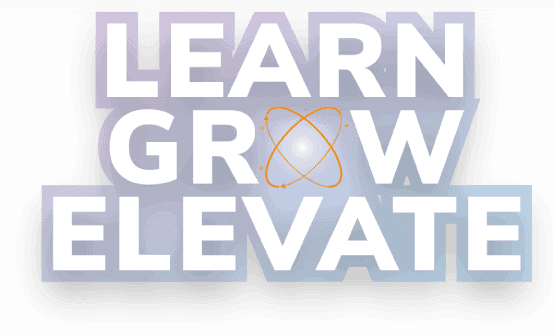
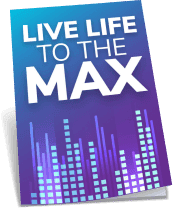






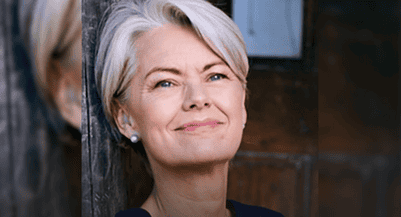
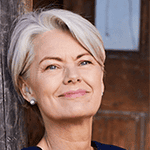 About Charlotte Thaarup-Owen
About Charlotte Thaarup-Owen